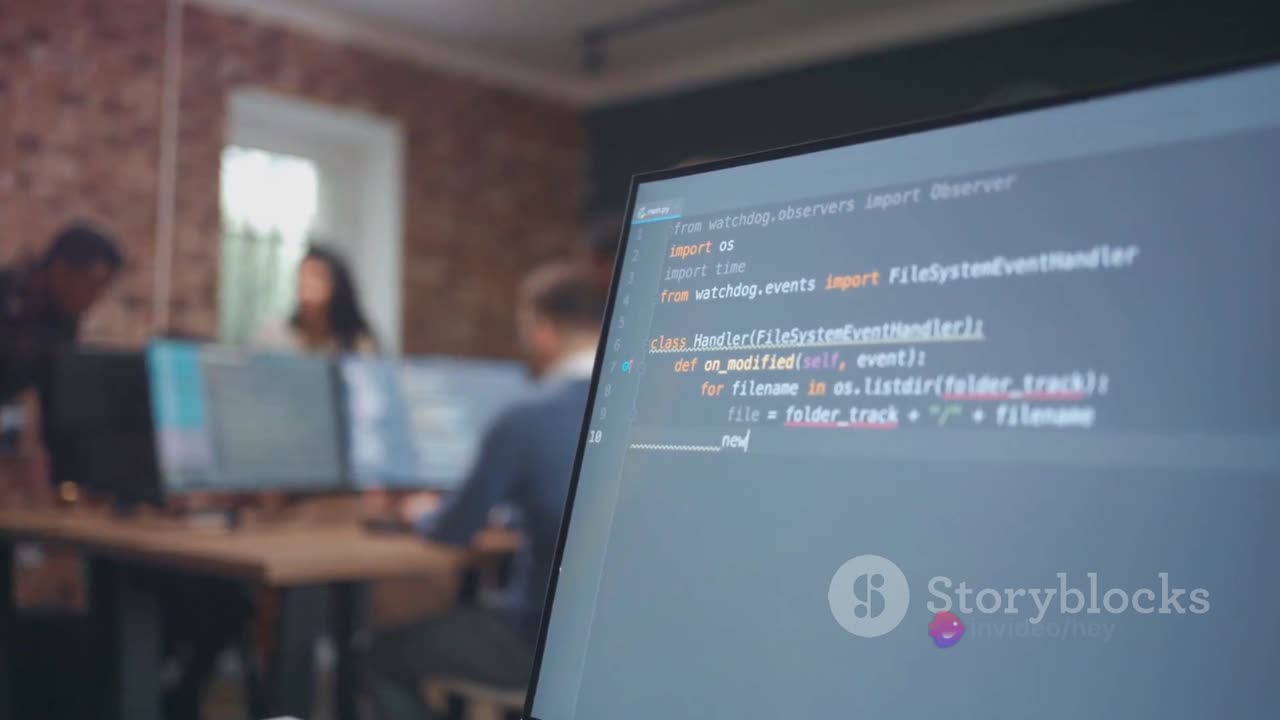Premium Only Content

Data Science Detailed Roadmap With the help of Ai
1. Introduction to Data Science:
- Understand the basics of data science and its applications
- Learn about the role of AI in data science
2. Mathematics and Statistics:
- Brush up on your knowledge of linear algebra and calculus
- Learn probability theory and statistical methods
3. Programming:
- Master a programming language like Python or R
- Learn data manipulation and visualization libraries like Pandas and Matplotlib
4. Machine Learning:
- Understand the different types of machine learning algorithms (supervised, unsupervised, reinforcement learning)
- Learn about model evaluation and selection techniques
- Explore popular machine learning libraries like Scikit-learn and TensorFlow
5. Deep Learning:
- Dive into neural networks and deep learning architectures
- Learn about convolutional neural networks (CNNs) and recurrent neural networks (RNNs)
- Explore deep learning frameworks like Keras and PyTorch
6. Natural Language Processing (NLP):
- Understand the basics of NLP and its applications
- Learn about text preprocessing, sentiment analysis, and topic modeling
- Explore NLP libraries like NLTK and SpaCy
7. Big Data and Cloud Computing:
- Learn about distributed computing frameworks like Hadoop and Spark
- Understand how to work with big data using tools like Apache Hive and Apache Pig
- Explore cloud platforms like AWS and Azure for scalable data processing
8. Data Visualization:
- Master data visualization techniques using libraries like Tableau and D3.js
- Learn how to create interactive visualizations and dashboards
9. Data Engineering:
- Understand the basics of data engineering and data pipelines
- Learn about data storage and processing technologies like SQL, NoSQL, and Apache Kafka
- Explore data engineering tools like Apache Airflow and Apache Beam
10. AI in Data Science:
- Understand how AI can be used to enhance data science workflows
- Explore AI techniques like reinforcement learning, generative adversarial networks (GANs), and transfer learning
- Learn about AI frameworks like TensorFlow and PyTorch for data science applications
11. Ethical and Legal Considerations:
- Understand the ethical implications of AI and data science
- Learn about data privacy, bias, and fairness in AI algorithms
- Stay updated with the latest regulations and laws related to data science and AI
12. Real-world Projects:
- Apply your knowledge to real-world data science projects
- Work on Kaggle competitions or industry-specific projects to gain practical experience
- Collaborate with AI tools to automate certain tasks and improve efficiency
By following this detailed roadmap, you can gain a comprehensive understanding of data science and its application in AI. Remember to continuously update your skills and stay updated with the latest advancements in the field.
-
 1:02:23
1:02:23
In The Litter Box w/ Jewels & Catturd
21 hours agoDEI Kills | In the Litter Box w/ Jewels & Catturd – Ep. 744 – 2/18/2025
65.3K35 -
 DVR
DVR
Game On!
3 hours agoBreaking Down COLLEGE BASKETBALL BETTING LINES Like a Pro!
4.17K2 -
 1:01:29
1:01:29
John Crump Live
5 hours agoMexico Backs Cartels By Threatening To Designate Gun Manufactures As Terrorist!
4.64K4 -
![[Ep 611] DOGE On The March! | Guest Sam Anthony - [your]NEWS | Seditious Dems | Ukraine](https://1a-1791.com/video/fwe1/97/s8/1/q/C/C/3/qCC3x.0kob-small-Ep-611-DOGE-On-The-March-Gu.jpg) LIVE
LIVE
The Nunn Report - w/ Dan Nunn
3 hours ago[Ep 611] DOGE On The March! | Guest Sam Anthony - [your]NEWS | Seditious Dems | Ukraine
294 watching -
 1:00:56
1:00:56
The Tom Renz Show
9 hours agoThe War On DOGE Is ALSO A War On The Economy
18.8K6 -
 1:30:16
1:30:16
Steve-O's Wild Ride! Podcast
5 days ago $1.26 earnedAri Shaffir Exposes The Dark Side of Podcasting - Wild Ride #252
25.8K3 -
 1:56:29
1:56:29
The Quartering
6 hours agoAirplane FLIPS and CRASHES, Sean Duffy Slams Pete Buttigieg, & What Happened with Patriarchy Hannah
78K36 -
 37:08
37:08
Standpoint with Gabe Groisman
23 hours agoDOGE The UK?! With Liz Truss
41.3K15 -
 56:39
56:39
SLS - Street League Skateboarding
6 days agoHIGHEST SCORING KNOCKOUT ROUND OF ALL TIME! Felipe Gustavo, Dashawn Jordan, Filipe Mota & more...
30.6K2 -
 14:26
14:26
Breaking Points
1 day agoWOKE VS BASED?: Saagar And Ryan Play A Game
31.9K6